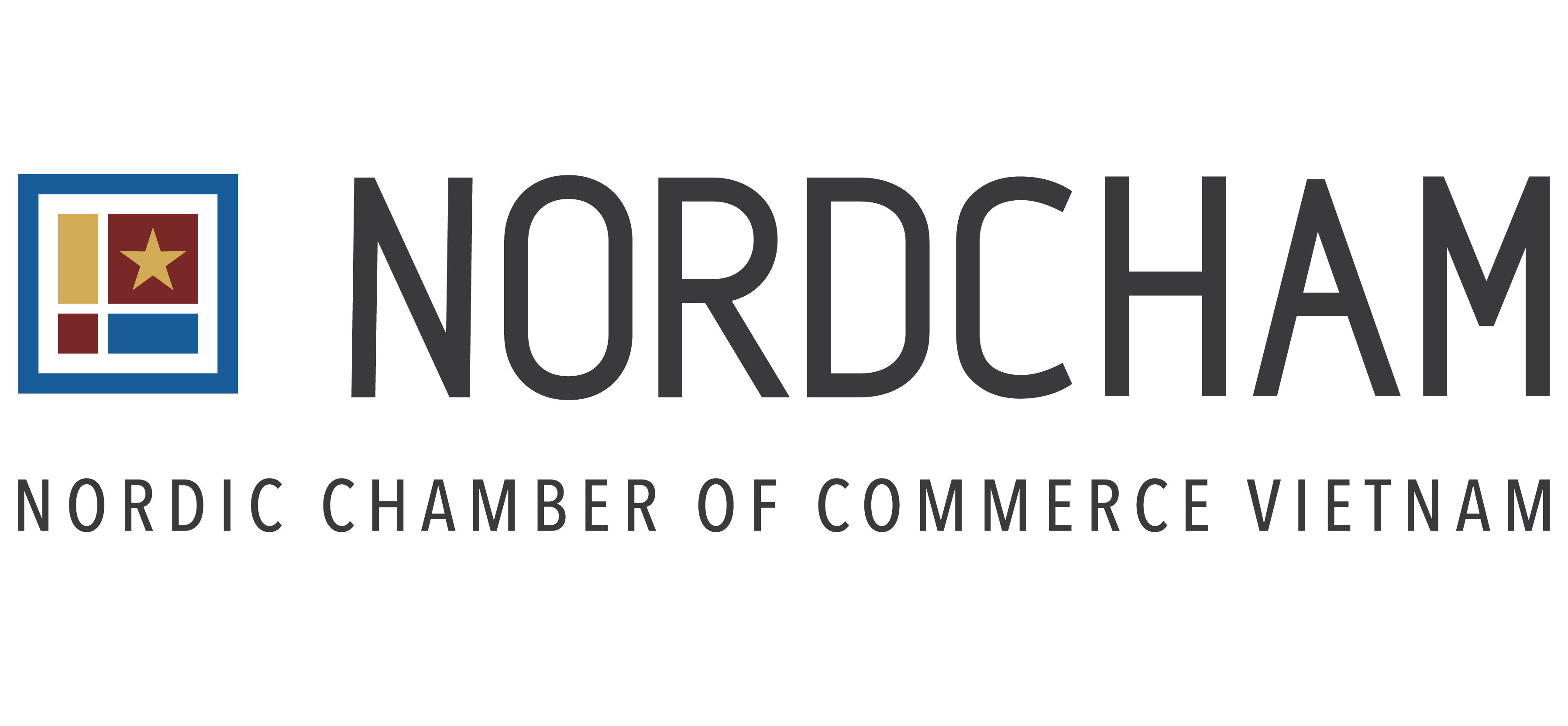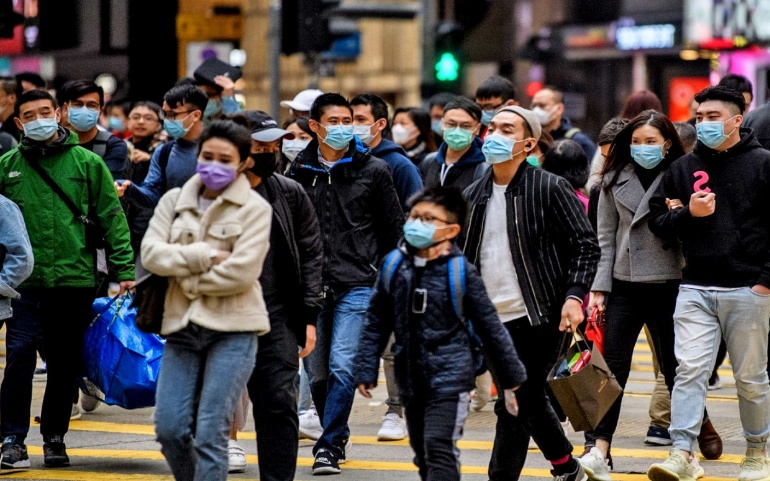Source: Vietnam Briefing
This article will be updated as further developments in Vietnam become available. Last updated on February 6
Latest Updates
- We are hearing accounts of travelers in more remote border crossings into Vietnam being denied entry if they possess any China visa history in their passport. While this may not be official policy, it appears to be implemented at certain border crossings in more remote areas. If travel into Vietnam is required we recommend using the main border entry-exit points.
- Dezan Shira & Associates‘, Trent Davies, Manager of our Ho Chi Minh City office, will be speaking at an AmCham Vietnam event Impact of Novel Coronavirus on Your Health and Business at the InterContinental Saigon, Ho Chi Minh City, Vietnam at 4:00 pm on February 6. During the event, Trent will discuss the broad economic impact of Novel Coronavirus epidemic in Vietnam, especially in vulnerable industries such as education and tourism. He will also shed light on possible disruptions in supply chains, given travel restrictions to and from China, temporary factory closures, and unfair anti-china sentiment that may impact investment in China. In addition, advice on best practices regarding HR, treatment of employee absence and Vietnam labour laws will be discussed. Please click here to register for this event. If you miss this event, an update and summary will be posted on Vietnam Briefing. Please click here to obtain a complimentary subscription.
- Vietnam has not reported any new confirmed cases of the novel coronavirus infection since February 4. A total of 10 confirmed cases of the virus have been reported so far. However, three of the patients have been released after receiving treatment.
- Vietnam issued Decision No.173.QD-TTg declaring coronavirus as an epidemic – in line with the World Health Organization’s declaration of the virus as a global health emergency.
- The government has ordered the health ministry to supervise and early detect infected cases, monitor border crossings, airports, and seaports, particularly for passengers coming from affected areas.
- Vietnam’s civil aviation authority suspended all flights to mainland China, Hong Kong, Macau, and Taiwan on February 1. However, the authority lifted the ban for Hong Kong, Macau and Taiwan from February 2. Flights to mainland China remain suspended.
- Vietnam stopped issuing visas for Chinese tourists on January 30 as a temporary measure. Foreign visitors who have visited China in the past two weeks will also not be allowed.
- Train services between Vietnam and China have been suspended until further notice.
- Several border gates between Vietnam and China in the northern province of Lang Son have suspended imports and exports until February 9. Government officials also stated that cross-border trade between Vietnam and China is not encouraged for the time being.
- On February 4, more than 200 passengers from China were denied entry at Ho Chi Minh City airport by border officials. The passengers were sent back on respective flights.
- The labor ministry has also asked businesses to keep names and other information of Chinese and foreign workers who have visited virus affected areas. In addition, they must be quarantined for two weeks for health checks.
- Vietnam’s airports have been ordered to deploy additional personnel and coordinate with local health agencies to deploy body temperature scanning equipment as well as a screening of passengers.
- Several schools and colleges will remain closed until February 16. These include institutions in Hanoi, Ho Chi Minh City, Da Nang and Can Tho.
- Building management of some apartment buildings in Hanoi and Ho Chi Minh City have begun body temperature checks for people entering the building.
- The government has also urged local authorities to limit festivities and gatherings related to the Lunar New Year Holiday.
- Hanoi authorities have planned two field hospitals in case infections rise.
Impact and Summary
Vietnam has currently declared 10 cases of the coronavirus infection; however, we have concerns that more cases will arise. Chinese nationals arriving in Vietnam will face additional checks and screening, particularly as they return after the Lunar New Year holiday. As mentioned earlier, out of the 10, three of the patients have recovered and have been discharged from hospitals.
The virus’s symptoms are respiratory and seem to start with a fever, cough, and shortness of breath gradually. However, in serious cases, it can lead to pneumonia, acute respiratory syndrome, kidney failure, and death.
There is currently no vaccine, so patients are being treated for their symptoms.
Vietnam’s health ministry has further stated that the fatality rate of the virus is 2 percent as compared to the 9.6 percent of the SARS virus in 2002-2003.
Recent developments indicate that some Chinese travelers may have already been infected but not realized it – the virus appears to have a non-symptomatic 7-14 day incubation period. Further border checks and other travel restrictions are possible given the rapidly evolving developments.
Businesses operating in Vietnam need to start preparing for an escalation of the coronavirus in Vietnam and be prepared for measures taken by the authorities to get enforced with little or no notice.
The Tet (Vietnamese New Year) holidays concluded on January 29, with staff returning to office from January 30. Should Vietnam introduce further travel restrictions, the attendance of office staff may be impacted.
We recommend businesses in Vietnam contact their staff to ascertain where they are and discuss any regional or national advisories concerning travel. Staff experiencing any cough or flu-like symptoms should not return to the office or factory.
We are providing updates and advisories concerning ASEAN (as well as Vietnam) on this article here.
To prepare for business measures in Vietnam, we recommend reading through this article here, which contains advisory for businesses operating in China, but may also be required should an outbreak extend to affect businesses operating in Vietnam. We strongly advise precautionary measures begin to be taken.
While travel to Vietnam can continue, we recommend taking precautions and following advice from Vietnam’s Ministry of Health.
Basic precautions one can take to reduce their risk to the coronavirus as advised by the World Health Organization (WHO) are:
- Wash hands with soap and water or an alcohol-based hand rub;
- Cover nose and mouth with tissues or inside of elbow when coughing or sneezing;
- Avoid close contact with anyone with cold or flu-like symptoms;
- Thoroughly cook meat and eggs; and
- Avoid unprotected contact with live wild or farm animals

